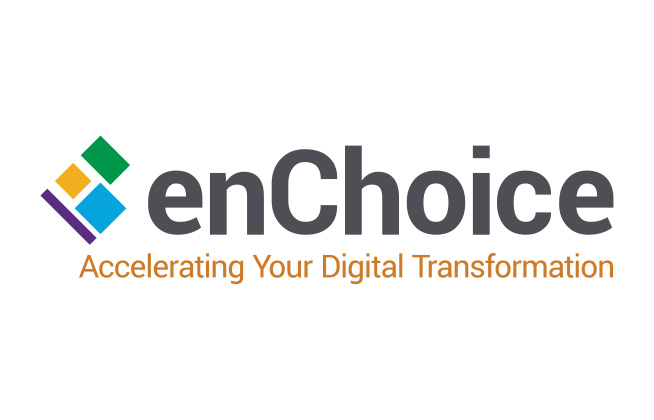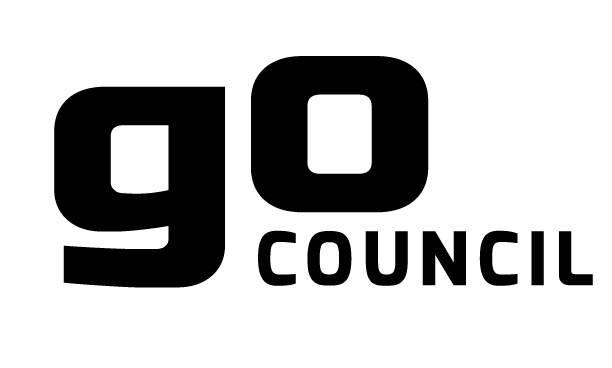

Tony White, Executive Chairman, enChoice
Antony (Tony) White is Executive Chairman, enChoice. He has extensive experience in launching, developing, and managing technology-based start-up companies. He was instrumental in founding both of the predecessor companies to enChoice, namely ICI Solutions, Inc. and en technologies corporation. Tony is a pioneer in the ECM industry, having been active in the segment since 1989. His prior career included 15 years with IBM, where he advanced to a senior position before leaving to launch a start-up.
Hidden in plain sight as unstructured content, a treasure trove of information lies in corporate repositories just waiting to be unleashed. If AI can discover, search and interrogate this content, then it will be able to deliver key business insights — and, ultimately, a powerful competitive advantage.
But companies still need convincing.
“Every organization has a natural resistance to change, especially when it comes to investing in something that’s not yet proven,” says Tony White, executive chairman at enChoice. “But today, you need to be technically innovative to be competitive.”
How do you build organizations and cultures that embrace digital innovation and continuous change?
Tony White: It’s a great question, because it really goes to perhaps the most important aspect. I just have one word to address that question: belief. You have to find something that you buy into, believe in, and then make. So what does that belief comprise? It’s a belief that must be acceptable for the business, in terms of market innovation and acceptance, and something that your people can really buy into.
In our case — we’re a 30-year-old organization — our strong belief was that there was just too much paper in the world. The key to the future was to digitize paper and employ it in business processes. While we weren’t the first to believe in that, we were one of the very early companies that commercialized this area in the mid-market. It was a critical component of how we started.
Although it took an awfully long time, this belief turned out to be very accurate in that it developed into unstructured content. All the various kinds of content in an email, e-business, social media videos comprise unstructured content, which is 80% to 90% of all the key information in any organization. In those days we just called it imaging, which was converting paper documents to electronic content.
With AI emerging, unstructured content emerged as a key resource for AI. We sort of got into a sweet spot. So that's how I believe we validated our belief and culture.
What are some of the biggest impediments to digital transformation in your company, customer or industry sectors?
Tony White: We have to convince our customers to believe that unstructured content is definitely a component for AI and business processes, which changes the way organizations do business. It’s easy to establish the principle, but the the how has to be convincing.
It’s impossible for any organization to have the skill sets across all the components needed to make any company technologically self-sufficient. This is a real challenge for our customers but also where enChoice can provide the solution..
One of the things that every organization faces is a natural resistance to change. No one likes it when something new comes out. Yet we’re asking people to completely uproot traditional ways of doing business and invest in something new that, in their eyes, is not proven.
To me the biggest impediment is, how do you convince people to spend a lot of money — to do it properly doesn't come cheaply — and make that change. It’s a challenge because there have been past failures of key technology projects and often someone gets fired. Everybody wants to hang on to their job.
But you still need to innovate if you want the benefit.
How has innovation become engrained in your organization's culture, and how is it being optimized?
Tony White: Innovation has always been part of our life, part of our culture, because we’re in a rapidly developing industry. Our people want to be on the forefront and constantly bring us new ideas, especially the new generation who are extremely digitally aware.
In our case, we got into the right area but it was very painful for a long time. Very slow adoption. Then recognition emerged that digital automation is a necessity for the future of every organization to be competitive.
Imagine a cake where AI is the frosting on top. Your cake is your massive, unstructured content. It is not easy to manage and leverage it. So there’s a huge pool of unrealized resource — unstructured content — that we've been fortunate enough to get into. We still have the problem of convincing organizationsthat the risk can be managed and the payoff is huge.
Now we can honestly say it's key. Our expertise in unstructured content fuels the AI journey, and we hang our hat on it.
What will drive process innovation and operational agility in large enterprises over the next two years?
Tony White: We deal with large companies that know AI is critical to be competitive but don’t know what to do about it. We have the capability to get the unstructured data needed for AI, and big companies partner with us because of this.
Anybody can use Chat GPT to write an essay, but how do you apply AI to your business? It’s a much more complex question. The reality is there's a lot of work and a lot of preparation and understanding needed.
But process innovation, like I said earlier, runs into resistance to change. Companies cancel projects because they can’t get users to accept the new technology and new way of working. Successful projects happen when top management buys in and insists on the change. While this may be a little painful, it almost always pays off in the long run with improved competitiveness and efficiency, higher profitability and employee morale.
One of the ways companies can ease cultural change is to tie the new technology, new way of doing things, new innovation to something that benefits society or, if you like, the planet.
For instance, we’re involved in helping threatened species. We provide technical support for a project called SPARK, or Sentinel Protection Against Rhino Killing, aimed at keeping rhinos from extinction. The project leverages the Internet of Things and AI. It’s a good, positive thing. Our employees love it, and our customers love seeing us doing something outside of selling.
Can you share a specific innovation strategy you’ve recently encountered which you find compelling?
Tony White: Strategy is changing the cost benefit equation. How do you show what is worth doing? That's the challenge for all of us. The good news is that the current availability of tools and technologies, from the cloud, containerization and subscription pricing, has changed the equation for so many companies and projects. Everything is more feasible and effective, and so we can do things that we couldn’t do before.
We know technology has made things more efficient. Just take a look at workflow in insurance. Paper documents used to float around, and it would take two weeks to process a claim. With digitized content, it takes only two days. Now we have pictures showing how many filing cabinets we’ve saved just among our current customers. You couldn’t fit them in a room.
We still scan paper documents and manually enter them in the right place, but now we can start using AI to pull a lot of the information off a document.
These are the things that take away the drudgery, drive innovation, and help you become more competitive in a challenging marketplace. It’s absolutely worth doing. Now you have to take the leap and do it.


